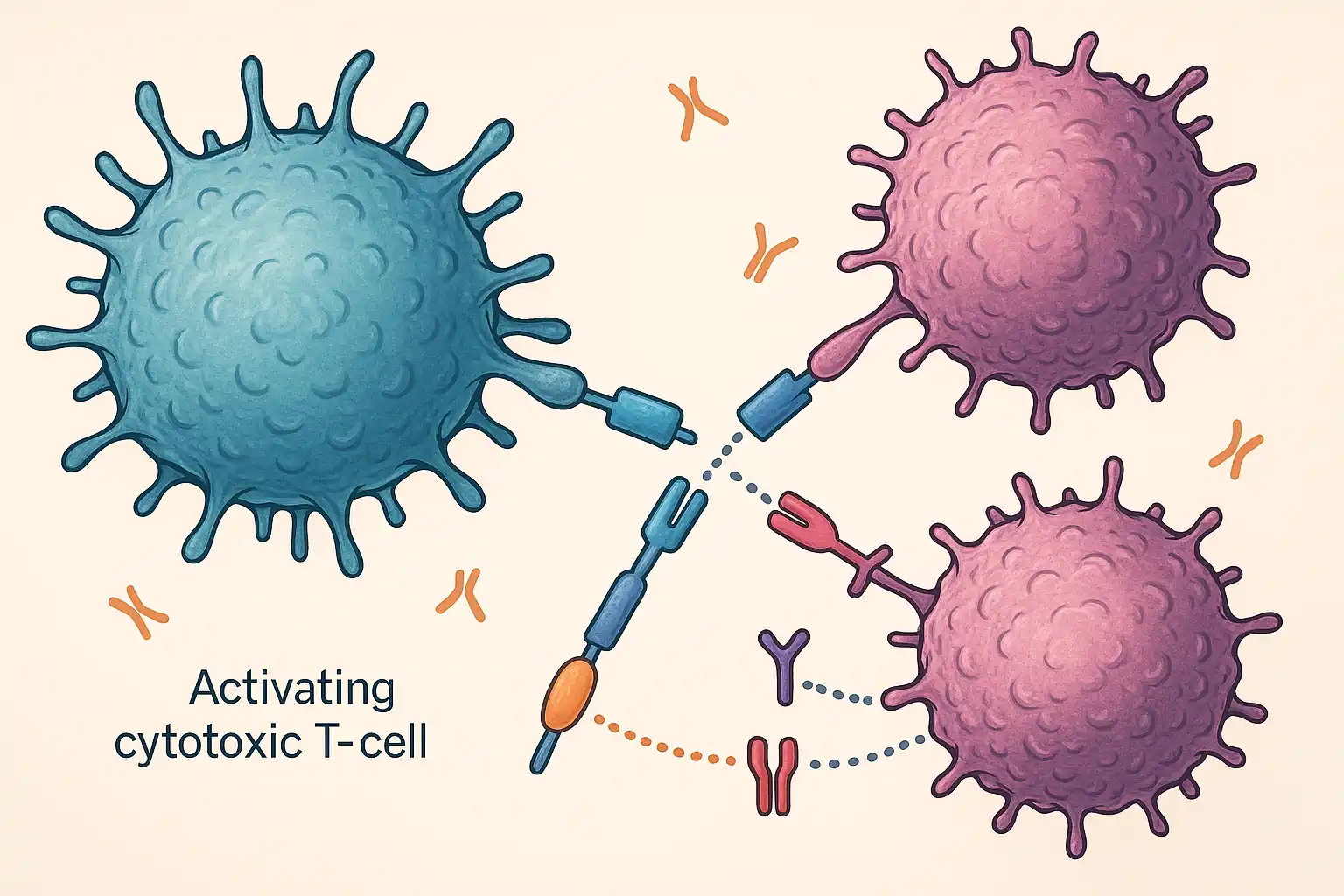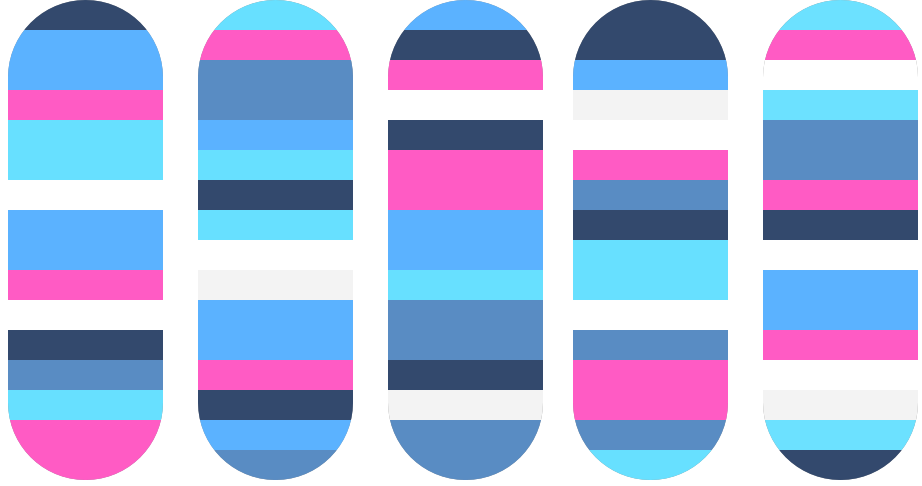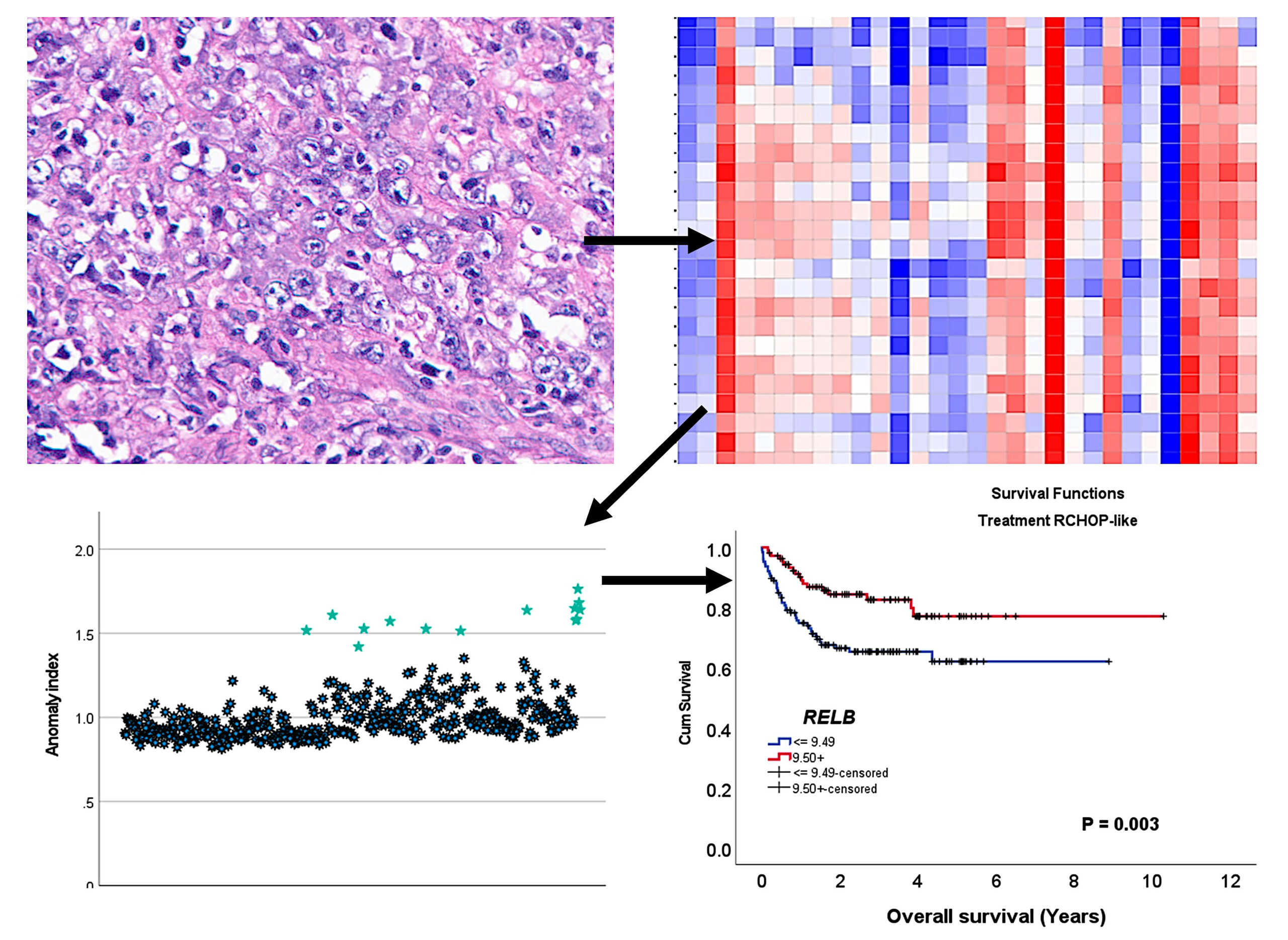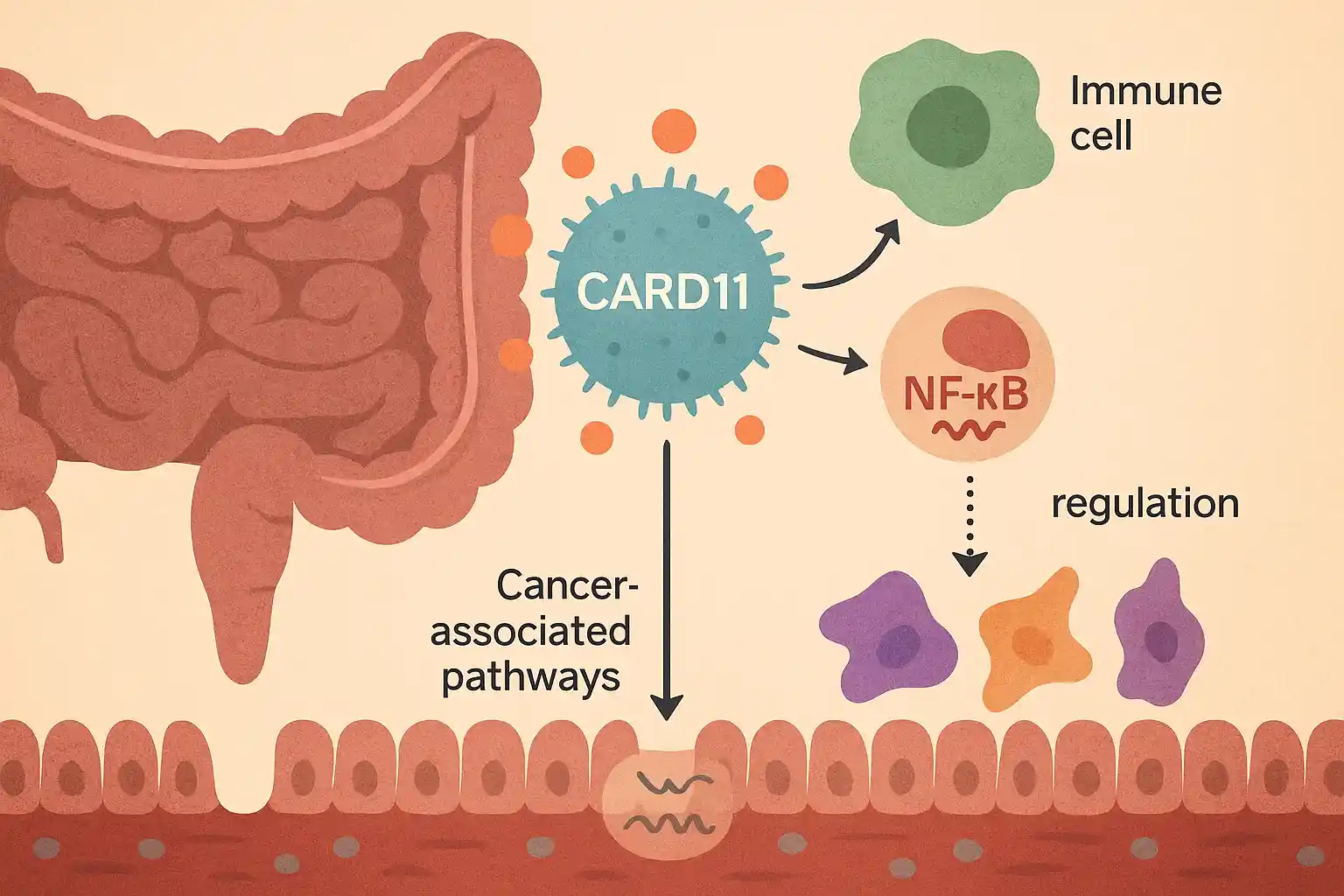
Resistance Mechanisms to Immune Checkpoint Inhibitors
🧠 Introduction
Immune checkpoint inhibitors (ICIs) have transformed cancer therapy by enabling durable responses in some patients. Yet, resistance—either present from the start or developed after treatment—limits their overall effectiveness. Our new review in Molecular Cancer summarizes current insights into the biological mechanisms behind ICI resistance.
🔍 Research Summary
The review categorizes resistance as tumor-intrinsic or tumor-extrinsic:
- Tumor-intrinsic factors include low tumor mutational burden, lack of immunogenic neoantigens, impaired antigen presentation, altered signaling pathways, metabolic reprogramming, and epigenetic modifications.
- Tumor-extrinsic factors involve the suppressive tumor microenvironment (regulatory T cells, myeloid-derived suppressor cells, tumor-associated macrophages), compensatory activation of alternative checkpoints (TIM-3, LAG-3, TIGIT, VISTA), and host influences such as microbiome composition, diet, obesity, and hormonal status.
Together, these mechanisms explain why some patients do not respond to ICIs, or relapse after an initial response.
🌍 Broader Impact
Understanding resistance is critical to designing next-generation cancer immunotherapies. Insights from this review pave the way for biomarker development and combination therapies that could help overcome resistance and expand the benefits of immunotherapy to more patients.
📎 Reference
@article{Alsaafeen2025,
title = {Resistance mechanisms to immune checkpoint inhibitors: updated insights},
volume = {24},
ISSN = {1476-4598},
url = {http://dx.doi.org/10.1186/s12943-024-02212-7},
DOI = {10.1186/s12943-024-02212-7},
number = {1},
journal = {Molecular Cancer},
publisher = {Springer Science and Business Media LLC},
author = {Alsaafeen, Besan H. and Ali, Bassam R. and Elkord, Eyad},
year = {2025},
month = jan
}






Leave a Reply